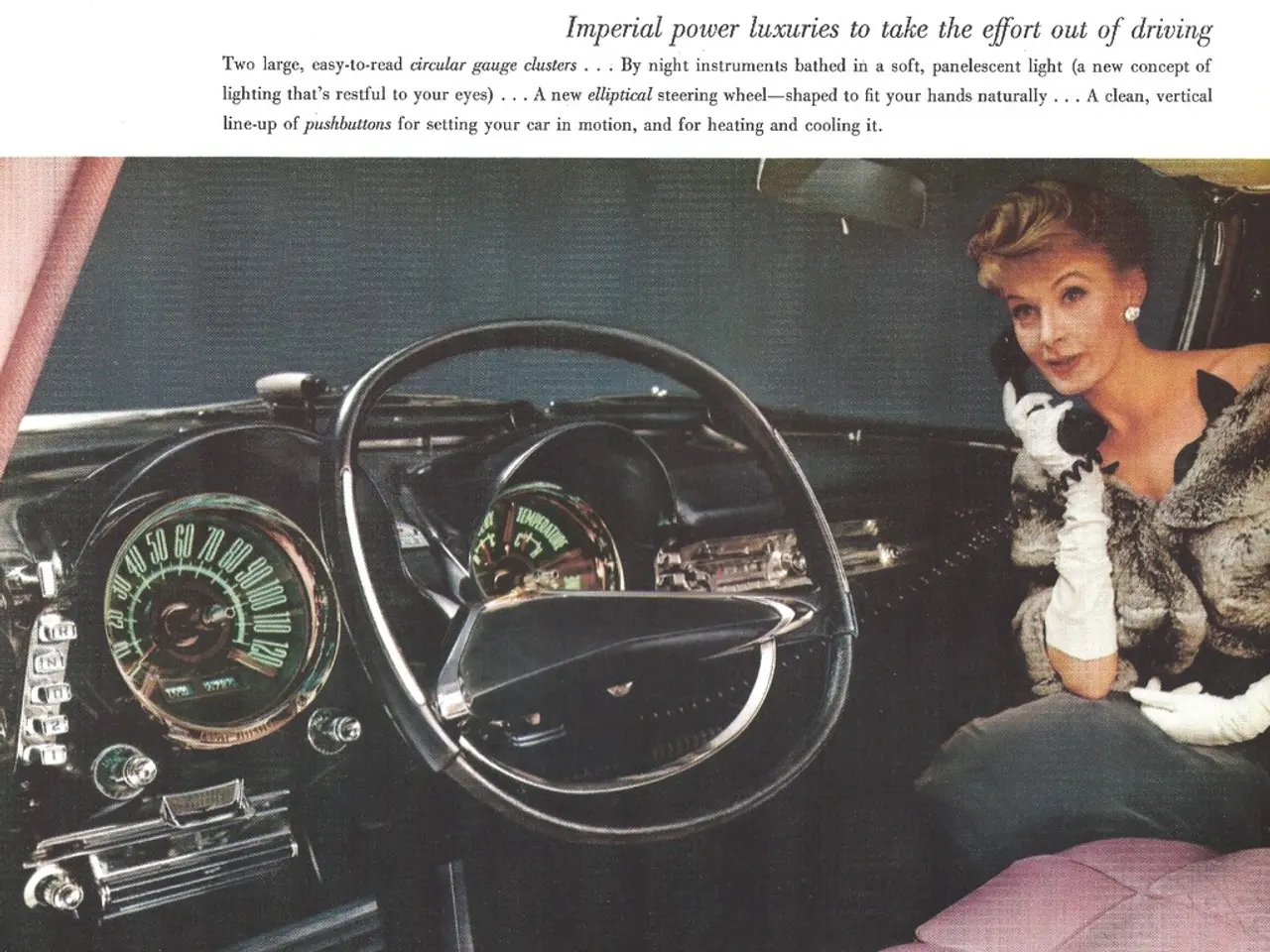Socialist Nils C. Kumkar advocates for the elimination of social stratification in Germany
In an interview with Spiegel, sociologist Nils C. Kumkar has questioned the existence of deep ideological divides in German society, challenging the common assumption that polarization is a significant factor in the country's political landscape.
Kumkar, a researcher at the University of Bremen, has focused his work on political conflict, right-wing populism, and conspiracy theories. His latest comments come in response to the debate surrounding the former SPD candidate for the Federal Constitutional Court, Frauke Brosius-Gersdorf, where he argued that a narrative of a left-wing radical scene trying to seize the constitutional court made it a political problem.
Kumkar's remarks also apply to the recent decision of Bundestag President Julia Klöckner (CDU) not to raise the rainbow flag at the Bundestag on Christopher Street Day. He suggests that Klöckner's decision positions her between two non-existent camps and creates the impression of a clear front. However, Kumkar did not express a concern about the polarization of society in this context.
The sociologist asserts that politicians from all parties in Germany are using polarization as a tool to mobilize people and integrate them into the political process. He argues that there is no consolidated 'woke' left-green camp fighting to raise rainbow flags everywhere, nor is there a large group of conservative Christians defending traditional lifestyles and feeling attacked by the rainbow flag.
Kumkar also suggests that the conflict between extreme views is often merely assumed and that politicians may not openly admit to pursuing a polarization strategy. He encourages politics and society to not shy away from exposing opposites and seeking conflicts, even if they polarize.
It's important to note that Kumkar's comments do not necessarily suggest that ideological divides in German society are merely a political tool for mobilization. While his research and opinions challenge the common perception of deep ideological divides, there is no widely recognized statement or theory from Kumkar directly asserting this.
Nonetheless, Kumkar's perspective offers a thought-provoking perspective on the role of polarization in German politics and society, encouraging a more nuanced understanding of the complexities within these structures.
Kumkar's arguments question the existence of deep ideological divides in German society, extending his critique to General-news and politics, as he suggests that politicians from all parties are using polarization as a tool for mobilization, rather than it being a reflection of genuine, consolidated factions. Meanwhile, he encourages the exposure of opposing viewpoints and seeking conflicts in the political landscape, without necessarily asserting that all ideological divisions are simply political tools.






